There’s so much pressure to find the right career. As students, we’re asked what we want to “be” (what career we want) when we grow up. We’re told we should try different jobs when we’re young… But as we get older, we should be responsible by pursuing professional goals in one consistent career, staying in the same field for years.
But what do jobs and careers have in common? Where do they differ?
We’ll look at the definitions of “job” and “career.” Then, we’ll discover if your current job is your ideal career — and what to do if it’s not.
A job is a way to earn money now
Merriam-Webster defines a job as:
A regular remunerative position (basically, a steady source of income)
A specific duty, role, or function (boring)
Something that has to be done (strong “don’t want to do this” vibes)
An undertaking requiring unusual exertion (bingo)

It’s a thing you do regularly for money, but you’re far from passionate about it. An occupation like this pays the bills, but you basically have to force yourself to go. It probably doesn’t tie into your long-term goals.
A career also earns money — but you see a future there
Merriam-Webster defines a “career” as:
A profession for which one trains and which is undertaken as a permanent calling (I disagree on “permanent” — how about a decade or more?)
A field for or pursuit of consecutive progressive achievement especially in public, professional, or business life (so, something you’re training for, aiming to make progress and achieve professional goals — potentially with public recognition)
The main differences in job vs. career? Careers are generally considered to be a long-term part of your future, including professional development.

It’s totally ok to obtain qualifications for something that’s just a job to you! After all, money and benefits are the key driver for most employees.
But I think we can agree on this:
It’s a lot more fun to gain knowledge and make progress in a career that you’re actually interested in!
Are your current job and career goals aligned? 6 questions to help you decide
If you aren’t sure whether your current job is your true future career, take some time to journal on these questions. (“Journal” can mean writing, sketching, thinking out loud, making a voice note… whatever is best for you.)
1. “Everyone hates their job.” Agree or disagree?
If you agree, you’re probably just in a job — not a career.
Getting clear on your unique definition of success can be really helpful here!
2. Are you always stressed about your job, no matter how slow or busy it is?
A career you want to stay in long-term will have glimmers of enjoyment or fulfillment. But a basic place of employment, where you don’t plan to stay, can make life feel stressful 24/7.
3. Do you want to continue learning at this job?
In a true career, you’ll look forward to problem-solving, tackling training and continuing education programs, developing skills and expertise, and setting long-term goals.
A job might require you to do these things, but the difference is…
With the right career, you may actually enjoy the professional development process!

4. If you could get any new job, would you want similar duties and responsibilities to your current job?
Do you hate your job, but think you’d be more productive (or even enjoy it!) with a different boss, team, or clients? What about more resources, tools, and support?
If so, you might have found a career in an industry that’s a good match for you! Many employers may not be, and that’s ok.
But if you’d apply for something totally different (or even a different department)… it may be time for some strategic career exploration.
5. What are the top 3 reasons you stay at this job?
There are no wrong answers here!
But when you’re done, take a look at what you’ve come up with.
Did you include any aspects of the work you do — the skills, tasks, responsibilities you perform, or the talents you use? Or do you focus on the people, pay, and perks?
6. What are the top 3 reasons you haven’t left this job?
You just might find that the slight difference in wording brings up unique ideas!
If your answers lean heavily negative (fears and worries about leaving) instead of positive (things you enjoy), there may be a better career out there for you.

Job and career FAQs
What is the difference between a job and a career?
In short, a job is something you have to do for money but may not enjoy. A career path is an industry you commit to — exploring resources and training, developing new skills, and pursuing education to achieve new goals and continue learning.
What career makes $100,000 a year?
Whether job or career, the salary, benefits, and long-term financial security of any occupation are important! As of this article’s writing, here are 10 careers where workers in the US are paid median salaries of +$100,000:
Nurse Practitioner
IT Manager
Physician Assistant
Financial Manager
Software Developer
Information Security Analyst
Medical and Health Services Manager
Data Scientist
Actuary
Marketing Manager
Source: US News and Bureau of Labor Statistics
These careers span healthcare, technology, and business. Each occupation will have varying education requirements and qualifications! Explore career-specific resources like this to learn more: Best Careers to Change to in 2025
What is a synonym for job or career?
According to Merriam-Webster, synonyms for job include:
Position
Employment
Post
Function
Work
And synonyms for career include:
Livelihood
Lifework
Profession
Occupation
Vocation
MW does list “career” as a synonym for “job” and vice-versa… but we’ve learned there’s more to it!
Ready to move from a job to a career path — but have no clue how to get started?
When you aren’t sure what career you really want, the idea of changing occupations and setting new professional development goals can be overwhelming.
Could 1:1 coaching support help you discover a career you actually want to commit to?
Schedule a free intro call to find out!




